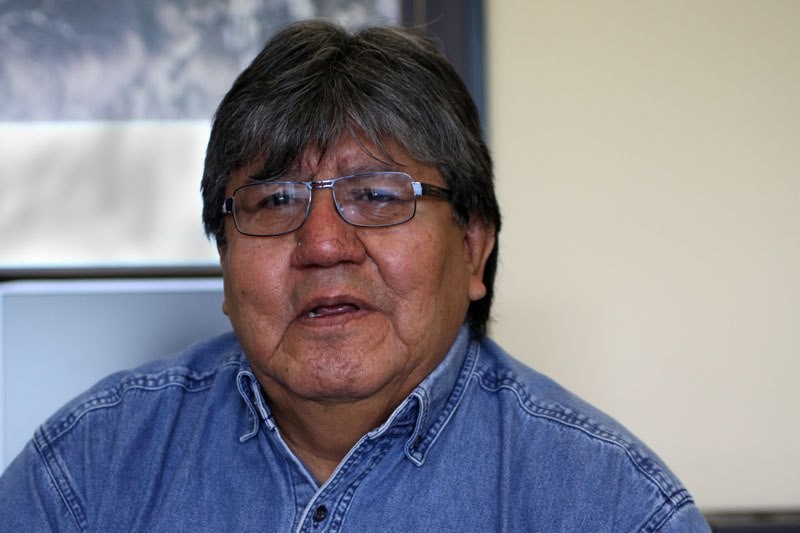The province is being warned to commit to long-term environmental monitoring in the Far North and Ring of Fire or face devastating consequences.
The Environmental Commissioner of Ontario said in an annual report released Thursday that the Far North is one of the largest intact ecosystems in the world. Home to at-risk species and an important part of carbon capturing through peatlands, development could jeopardize 42 per cent of the province if its not done right.
"Ontario is squandering the opportunity to base future decisions on the best attainable knowledge by not immediately undertaking a comprehensive program of environmental monitoring," the report states.
"The price of environmental monitoring is likely much lower than the social, environmental and monetary costs of trying to fix the problems after they have already occurred."
Those problems could arise from mine construction to energy transmission. The report states that wildlife habitat could be at risk, water quality could be impacted from seepage and even air could be contaminated through the use of chromium (VI).
Matawa Tribal Council CEO David Paul Achneepineskum said the report highlights concerns that his communities have had for years.
"We told you so a long time ago that this process needs to begin properly with our people," he said.
That land is still used by people to hunt, fish and gather medicine. Their livelihood shouldn't be jeopardized by development. It's pristine wilderness Achneepineskum said.
"It's worth the investment," Achneepineskum said of the recommendation for provincial ministries to develop a monitoring system. "You can travel any rivers and lakes without even having a second thought about drinking water right out of the river or lake."
Through Matawa's Four River Environmental Group, communities have been doing pre-environmental assessment work.
"Our people are now ready to get involved," Achneepineskum said.
But the communities can only do so much without a provincial plan in place to deal with environmental concerns for all development in the Far North. Right now Achneepinskum, backed up by the commissioner's report, said the province has been dealing with environmental concerns on a project-by-project basis. That's not the right approach.
"It's echoed concerns we've said all along," Achneepineskum said.
Northern Development and Mines Minister Michael Gravelle said he understands the concerns and that the environment is a top priority for the province.
"Clearly (environmental commissioner) Mr. Miller feels that we need to be perhaps more precise or more detailed in that regard," Gravelle said.
"In terms of the decisions as to how this will be indeed monitored and protected are yet to be determined."
But those discussions are happening and are part of the negotiations between Matawa's Bob Rae and the province's Frank Iacobucci. Gravelle said he's not surprised by the commissioner's concerns given the scope and complexity involved in developing the far North.
"It really reflects the the challenge we have finding a balance," Gravelle said.
The report can be found here.
